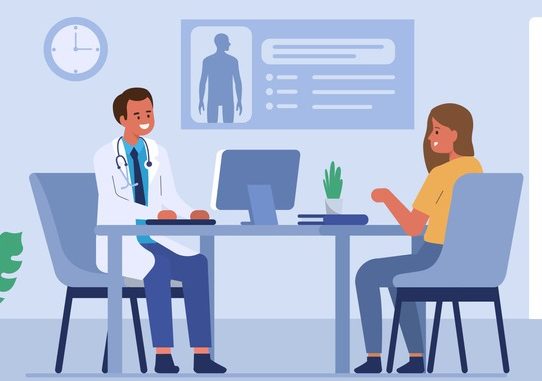
Standard 10-minute GP consultations could be a thing of the past, as the Royal College of GPs (RCGP) urge family doctors to spend more time with patients with complex needs – a core principal of their vision for the future of general practice, says journalist Anna Smith
This is an edited version of an article that appeared on the Pharma Times website.
By 2030 the RCGP want face-to-face GP consultations to be at least 15 minutes, with longer for those patients who need it. This news comes after recent research showed that the UK offers some of the shortest GP consultations amongst economically-advanced nations at just 9.2 minutes, with another study finding that the average GP consultation involved discussion of ‘two and a half health problems’.
The current regimen has been declared ‘unfit for purpose’ by Professor Helen Stokes-Lampard, chair of the Royal College of GPs. “It’s increasingly rare for a patient to present with a just single health condition,” she said, “and we cannot deal with this adequately in 10 minutes. As GPs we want to deliver truly holistic care to our patients, considering all the physical, psychological and social factors potentially impacting on their health, but this depends on us having more time to spend with patients, and the resources and people to allow us to do this.”
The RCGP’s vision of what general practice will look like in 2030 was informed through consultation with more than 3,000 GPs, other health professionals and patients, as well as research commissioned from The King’s Fund. It predicts an overhaul of the GP-patient record into a personalised ‘data dashboard’, accessible by healthcare professionals across the NHS, and that networks of GP practices will evolve into ‘wellbeing hubs’ with expanded teams offering a wider range of services, both clinical and non-clinical – and that access will increasingly be via digital and video channels.
“NHS bodies across the UK do not stipulate how long GP appointments should be, but GP workload is soaring, GP numbers are falling, and patients are already waiting too long to secure an appointment as a result,” Professor Stokes-Lampard continued. “Without more resources and an expanded workforce, longer consultations would simply mean increased waiting times, undermining patients’ ability to access the care that they need.”
The RCGP will now develop four ‘roadmaps’ outlining in more detail what needs to be done to realise its vision and advocating to governments and decision-makers in England, Scotland, Wales and Northern Ireland on how to deliver it.
Don’t forget to follow us on Twitter, or connect with us on LinkedIn!

Be the first to comment